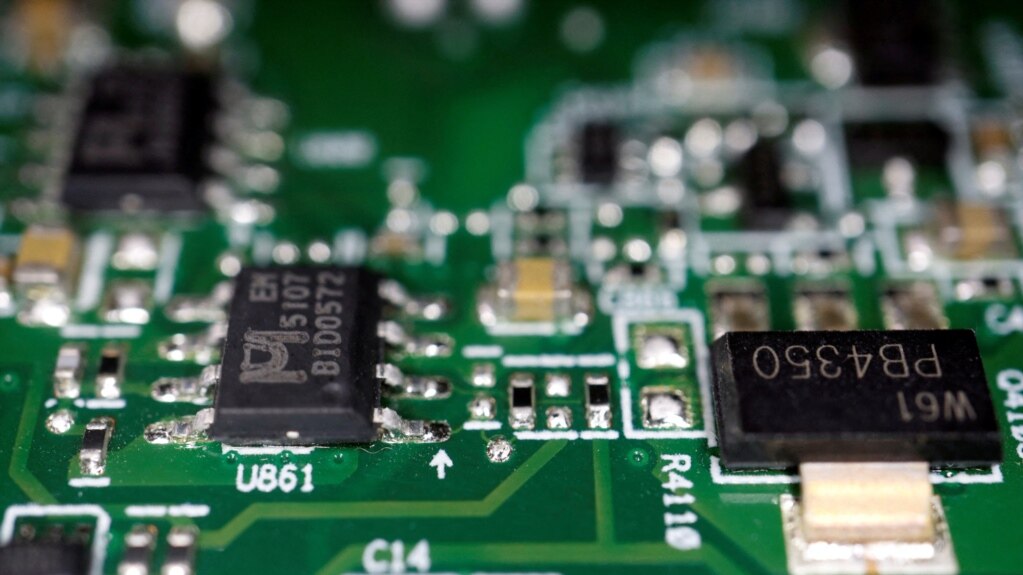Fifteen American businesses, including semiconductor companies, have expressed interest in investing $8 billion in Vietnam in clean energy projects, a senior U.S. official said recently.
However, their interest depends on the country’s progress on renewable energy rules.
Vietnam is seeking to bring in computer chip companies. And it wants to build up its renewable energy industries. But it has so far struggled to pass rules that would permit the expansion of renewable energy industries. Those industries include solar and onshore wind and the development of offshore wind farms, of which it has none now.
Jose Fernandez is an undersecretary for economic growth at the U.S. State Department. When asked if U.S. companies want to invest in Vietnam, he told reporters in Hanoi last Friday, “They are prepared to invest as much as $8 billion.”
Fernandez did not name the companies. But he noted the investment would deal with clean energy infrastructure.
Fernandez said that those companies made commitments to “use only renewable energy.” So the investment would depend on the progress of rules on renewable energy in Vietnam. He added that the companies were also waiting for permits before they could go ahead with their investment plans.
Vietnam is considering rules that would permit factories to negotiate electricity prices directly with producers rather than buy it from the country’s state-owned power network operator.
It is also working to pass rules for offshore wind, including creating an area for their operation in the sea. But delays in passing these rules have slowed progress.
An increase in renewables in Vietnam has been driven by the widespread use of solar panels and onshore wind farms. But problems connecting the projects to the electrical network, which also needs improvements to deal with the renewable energy, have partly undone this progress.
Fernandez’s trip to Vietnam is part of U.S. plans to begin agreements reached last September. That was when the two countries officially raised their relationship to Vietnam’s top diplomatic listing, called “comprehensive strategic partnership.”
Fernandez had meetings with senior Vietnamese officials during the trip, including with Vietnamese Prime Minister Pham Minh Chinh. During those meetings, he mostly discussed chips, critical minerals, and clean energy, he told reporters.
I’m Gregory Stachel.

